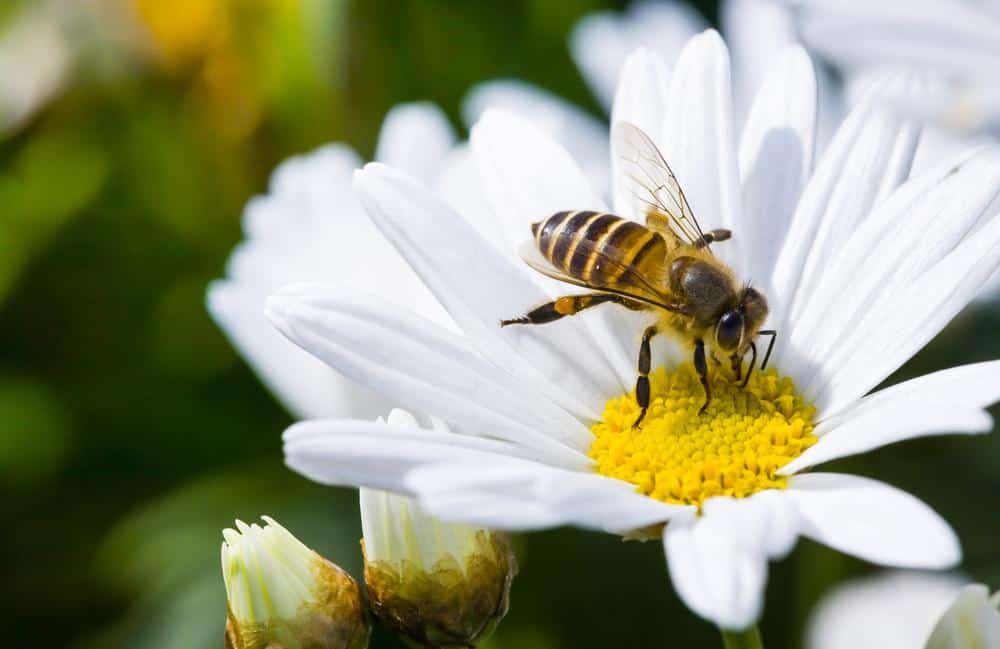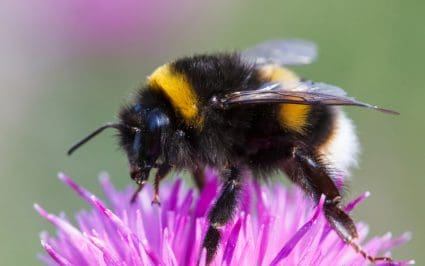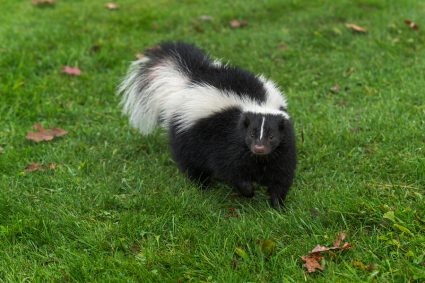
Bees are essential for the ecosystem and our food chain, but sometimes we find ourselves needing to control insect populations around our homes. One of the brands that have gained popularity in the pest control market is Zevo. But, does Zevo kill bees? Let’s delve into this topic.
Zevo is not specifically designed to kill bees. It primarily targets pests like wasps, hornets, and yellow jackets. However, its essential oil-based ingredients could potentially harm bees if they come into direct contact with the spray. As such, it’s crucial to use caution when applying Zevo or any insecticides near bee populations, even if bees are not their intended target.
What is Zevo?
Zevo is a brand under P&G Ventures that offers home insect control products. Their product range includes sprays, traps, and on-body repellents. The unique selling proposition of Zevo is its proprietary BioSelective™ Technology, which targets unique biological vulnerabilities found only in insects, thereby being safe for humans and pets.
How Does Zevo Work?
Zevo works by targeting and shutting down the biological pathways found in insects but not in people or pets. The insect sprays are powered by essential oils, like rosemary oil and cornmint oil, that target nerve receptors vital to insects. Zevo also offers flying insect traps that utilize multi-spectrum light technology and a body heat attractant to lure and trap flying insects.
Is Zevo Designed to Kill Bees?
Zevo is not specifically designed to kill bees. The brand focuses on creating products that target pests like wasps, hornets, and yellow jackets. Although not explicitly designed for bees, it’s important to follow the product’s label instructions and use it as directed to avoid unintended harm to non-target insects.
Potential Harm to Bees
Zevo insect killer sprays are powered by essential oils, including geraniol, cinnamon oil, and lemongrass oil. While these ingredients are generally considered safe for humans and pets, they could potentially harm bees if they come into direct contact with the spray. However, there’s no specific scientific study or research that directly proves the effects of Zevo insecticides on bees.
Ecological Implications
If Zevo were to kill bees, it could have significant ecological implications. Bees play a crucial role in pollination, which is essential for the reproduction of many plant species, including those that provide food for humans and other animals. The loss of bees could lead to a decline in plant diversity, reduced crop yields, and potential food shortages.
Alternative Pest Control Methods
If you are concerned about protecting bees, consider using alternative pest control methods that are less harmful to bees. These include using low-impact pesticides, biopesticides, removing flowers from the area being treated, using EPA Reduced Risk products, neem oil, cultural pest control, homemade pesticide solutions, and Integrated Pest Management (IPM) techniques.
Precautions When Using Zevo
When using Zevo, apply the products during early morning or late evening when bees are less active. Avoid spraying Zevo on flowering plants or near bee hives and nests. Minimize spray drift by using proper application techniques and equipment. Remove flowers from the area being treated, if possible. Use Zevo products only when necessary and according to the label instructions.
In conclusion, while Zevo does not explicitly target bees, it’s crucial to use caution when applying any insecticides or pesticides near bee populations, as even natural ingredients can have unintended consequences on beneficial insects. Remember, the best way to protect bees is to reduce our reliance on pesticides and create bee-friendly habitats.
Frequently Asked Questions
What is BioSelective™ Technology?
BioSelective™ Technology is Zevo’s proprietary technology that targets unique biological vulnerabilities found only in insects. This makes Zevo’s products safe for humans and pets, as these biological pathways are not present in them.
What is Integrated Pest Management (IPM)?
Integrated Pest Management (IPM) is a pest control strategy that uses a combination of techniques including biological control, habitat manipulation, modification of cultural practices, and use of resistant varieties. It is designed to minimize pesticide use and environmental impact.
What other insects does Zevo target?
Besides wasps, hornets, and yellow jackets, Zevo also targets other common household pests like ants, roaches, flies, mosquitoes, spiders, and more.
Are there any precautions to take when using Zevo?
Yes, it’s important to use Zevo during early morning or late evening when bees are less active. Avoid spraying Zevo on flowering plants or near bee hives and nests. Also, minimize spray drift by using proper application techniques and equipment, and use Zevo products only when necessary and according to the label instructions.
What are some examples of low-impact pesticides?
Examples of low-impact pesticides include insecticidal soaps, horticultural oils, and botanical insecticides. These products are generally less harmful to non-target organisms, including bees.











